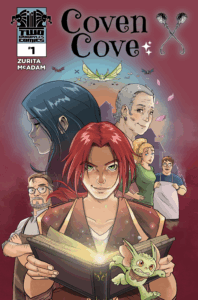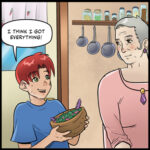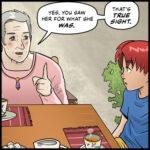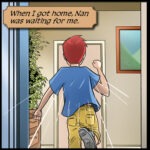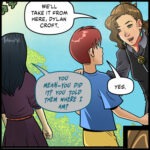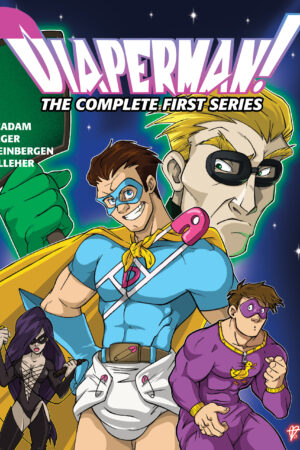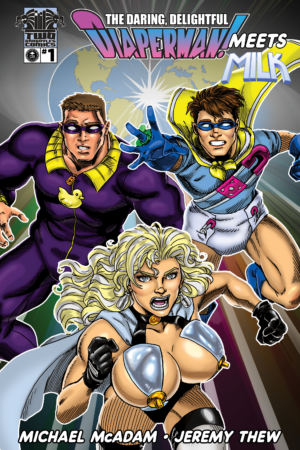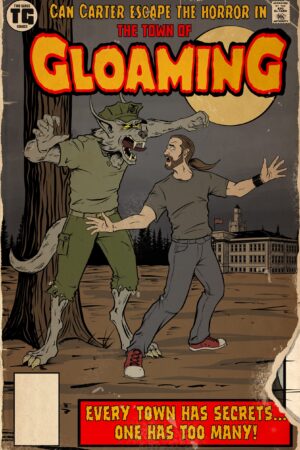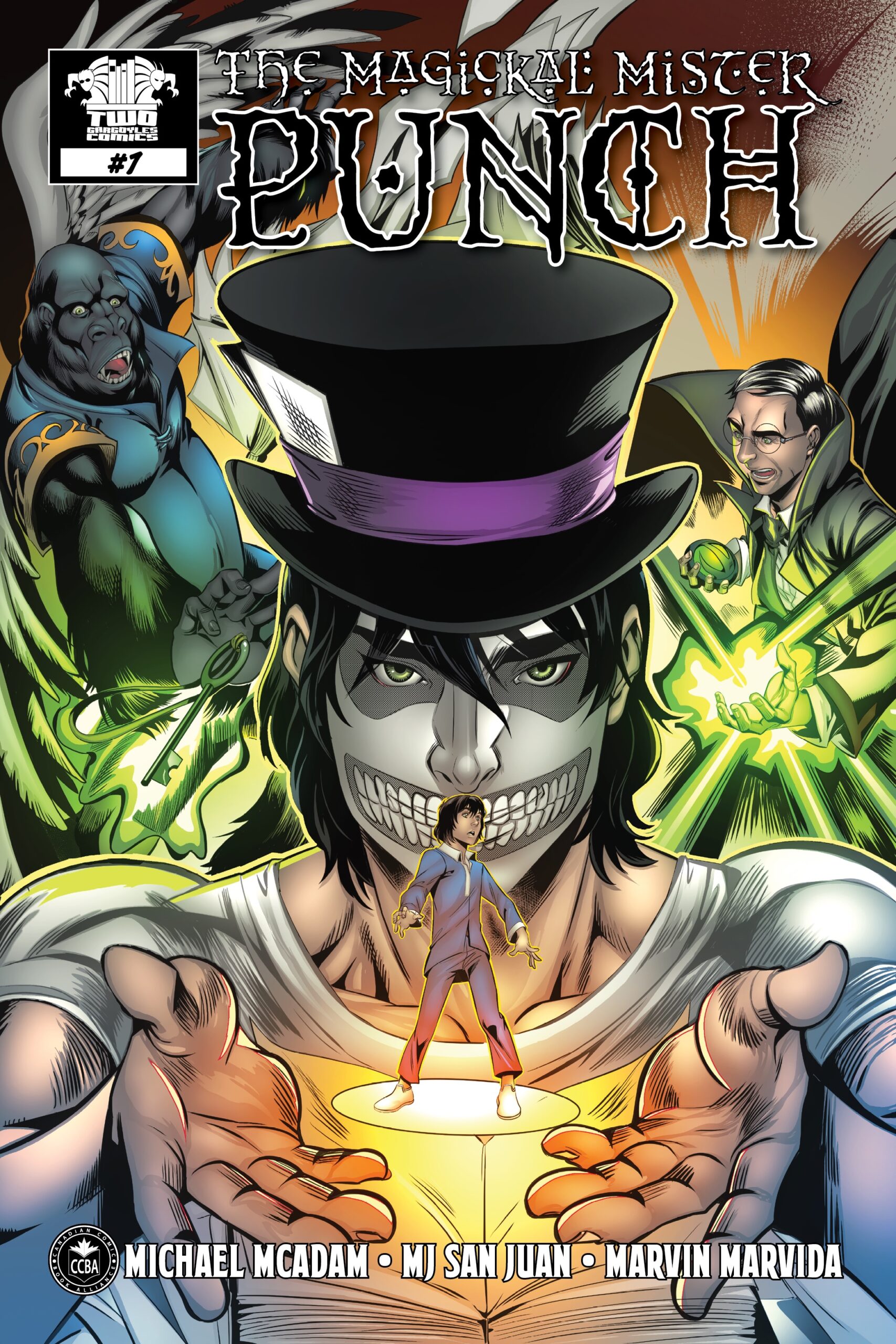One of the questions I’m most frequently asked is this:
“How come there are no girls in your comics?”
I need to explain, because this is important— and I never have time to really get into it when a reader stops by my table at a convention and asks this question.…

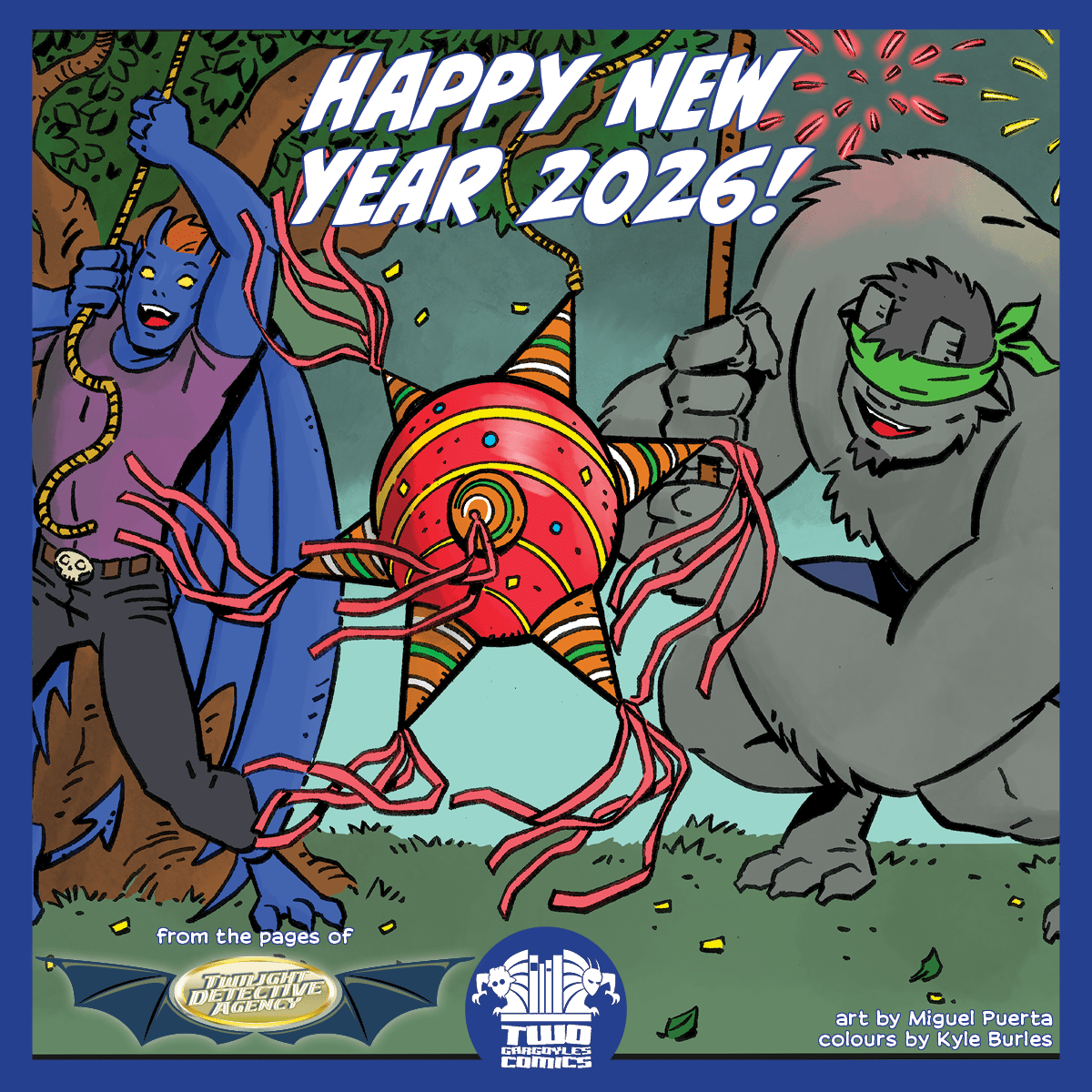
 “Twogargs” is an independent publisher of comic titles, including the genres of superheroes, comedy, horror, and urban fantasy… with more to come.
You can read all about each title and individual issue on this site using the main menu above. You can purchase digital copies of these comics right here on the site, and print copies at Indyplanet, or at DriveThruComics.
Two Gargoyles Comics is based in Alberta, Canada, and appears live at conventions in Western Canada and wherever else the winds take us!
“Twogargs” is an independent publisher of comic titles, including the genres of superheroes, comedy, horror, and urban fantasy… with more to come.
You can read all about each title and individual issue on this site using the main menu above. You can purchase digital copies of these comics right here on the site, and print copies at Indyplanet, or at DriveThruComics.
Two Gargoyles Comics is based in Alberta, Canada, and appears live at conventions in Western Canada and wherever else the winds take us!
